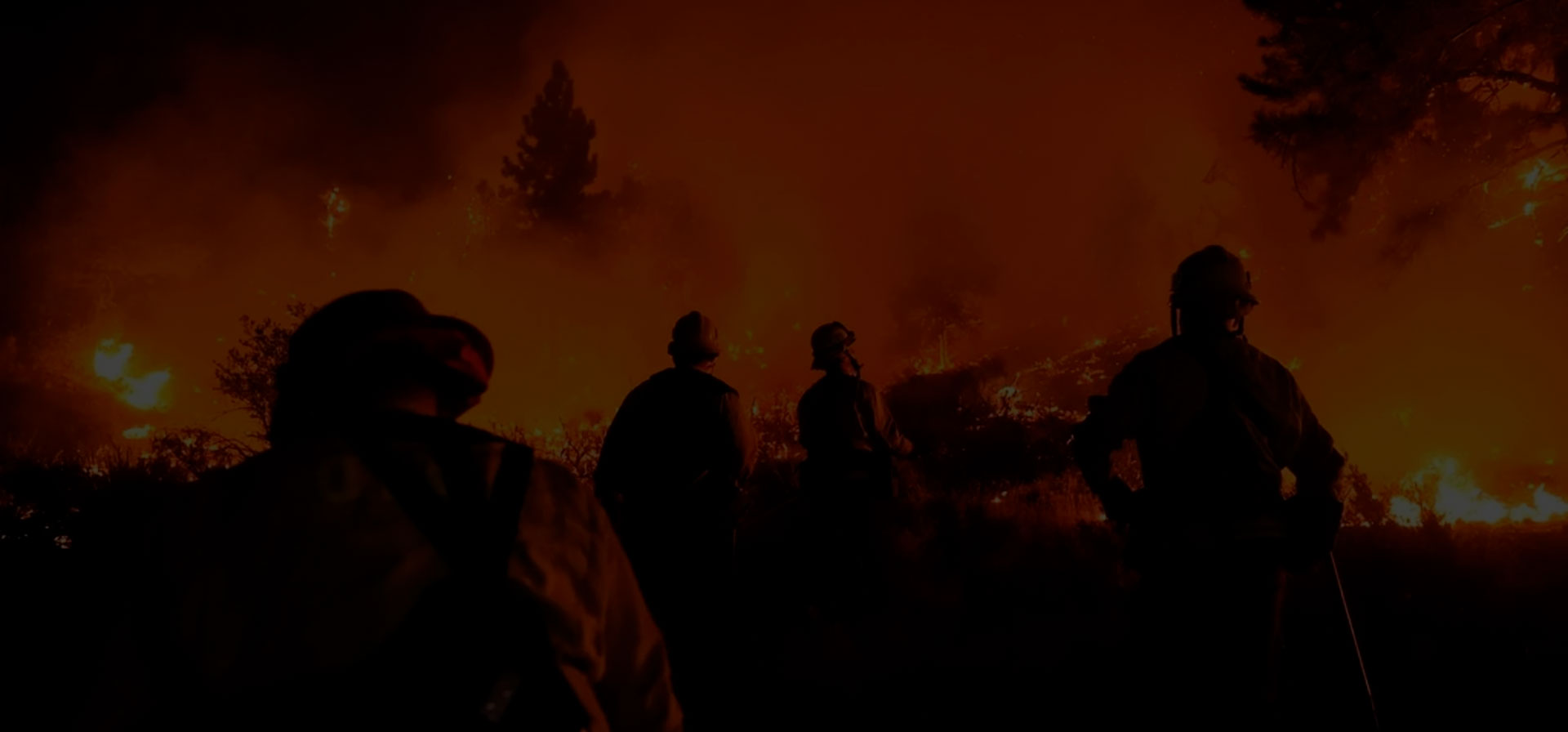[fusion_builder_container type="flex" hundred_percent="no" equal_height_columns="no" hide_on_mobile="small-visibility,medium-visibility,large-visibility" background_position="center center" background_repeat="no-repeat" fade="no" background_parallax="none" parallax_speed="0.3" video_aspect_ratio="16:9" video_loop="yes" video_mute="yes" border_style="solid"][fusion_builder_row][fusion_builder_column type="1_1" layout="1_1" background_position="left top" border_style="solid" border_position="all" spacing="yes" background_repeat="no-repeat" margin_top="0px" margin_bottom="0px" animation_speed="0.3" animation_direction="left" hide_on_mobile="small-visibility,medium-visibility,large-visibility" center_content="no" last="true" hover_type="none" min_height="" link="" background_blend_mode="overlay" first="true"][fusion_text]
Fundraising events are a cornerstone for nonprofits, providing essential funding to support their missions. These events, whether gala dinners, charity runs, or silent auctions, come with various risks. Without proper insurance, a single incident can result in significant financial losses, potentially jeopardizing the organization's future. Event insurance is a crucial safeguard, ensuring that nonprofits can host successful fundraisers while being protected against unforeseen circumstances.
What Event Insurance Includes
General Liability Coverage General liability coverage is a foundational component of event insurance. It protects against third-party bodily injury and property damage claims. For instance, if a guest slips and falls at your event or if there’s damage to the venue, this coverage will help handle the associated costs.
Event Cancellation Coverage This coverage is vital for circumstances beyond your control that force you to cancel the event. Whether it's due to severe weather, a natural disaster, or other unforeseen events, event cancellation coverage reimburses you for non-recoverable expenses and lost revenue, ensuring that your organization doesn’t suffer financially.
Weather-Related Issues Events held outdoors are particularly vulnerable to adverse weather conditions. Weather-related coverage protects against losses from weather events that force the cancellation or interruption of your fundraiser.
Liquor Liability Coverage If your event includes serving alcohol, liquor liability coverage is essential. It protects against claims arising from alcohol-related incidents, such as an attendee causing injury or property damage while intoxicated.
Additional Coverages Depending on the specifics of your event, you might need additional coverages, such as protection for rented equipment or coverage for volunteers who help run the event.
Common Risks at Fundraising Events
Accidents and Injuries Accidents can happen anytime. Slips, trips, and falls are common at events and can lead to costly medical bills and legal fees. Being prepared with insurance ensures that such incidents don’t derail your fundraising efforts.
Property Damage Damage to the venue or rented equipment is another significant risk. Whether it's a broken window or damaged audio-visual equipment, having the right coverage helps manage these unexpected costs.
Cancellation Risks Events might need to be canceled due to extreme weather, natural disasters, or other emergencies. Without cancellation coverage, the financial impact of such disruptions can be devastating.
Liability Issues Events involving alcohol pose additional risks. Liquor liability insurance covers claims related to alcohol consumption, protecting your nonprofit from potential lawsuits.
How to Select Appropriate Coverage
Assess Event Size and Scope Start by evaluating the size and scope of your event. Consider the number of attendees, the type of activities planned, and the venue's location. Larger events or those with higher-risk activities will generally require more comprehensive coverage.
Evaluate Potential Risks Identify specific risks associated with your event. This might include weather-related risks for outdoor events, liability concerns for events serving alcohol, or potential property damage for events held in rented venues.
Read the Fine Print Understanding the exclusions and limitations of your policy is crucial. Make sure you’re aware of what is and isn’t covered to avoid surprises when you need to file a claim.
Consult with an ALKEME Insurance Expert An ALKEME insurance expert can provide tailored advice based on your nonprofit's unique needs. They can help you navigate different coverage options, assess potential risks, and select a policy that offers the best protection. Consulting with an ALKEME expert ensures you have a comprehensive understanding of your insurance requirements and confidence that you are adequately covered.
Examples of Incidents Where Event Insurance Was Crucial
Example 1: Event Cancellation Due to a Hurricane A nonprofit planned an outdoor fundraising concert, but a hurricane forced them to cancel. Thanks to event cancellation coverage, they were able to recover their expenses and avoid financial loss.
Example 2: Attendee Injury at a Fundraising Gala During a gala, an attendee tripped on a loose carpet and sustained injuries. General liability coverage paid for the medical costs and legal fees, allowing the event to proceed smoothly without financial strain.
Example 3: Damage to a Rented Venue During a Charity Auction At a charity auction, some guests accidentally damaged the rented venue. Property damage coverage compensated for the repairs, maintaining the nonprofit’s good relationship with the venue provider.
Event insurance is not just an optional extra; it's a necessary investment for any nonprofit planning fundraising events. It protects against financial losses and ensures that unforeseen incidents don’t jeopardize your mission. Nonprofit leaders should regularly review their event plans and secure comprehensive insurance coverage to protect their organization and ensure the success of their fundraisers. By doing so, they can focus on what truly matters: advancing their cause and making a positive impact on their communities.
[/fusion_text][/fusion_builder_column][/fusion_builder_row][/fusion_builder_container]





